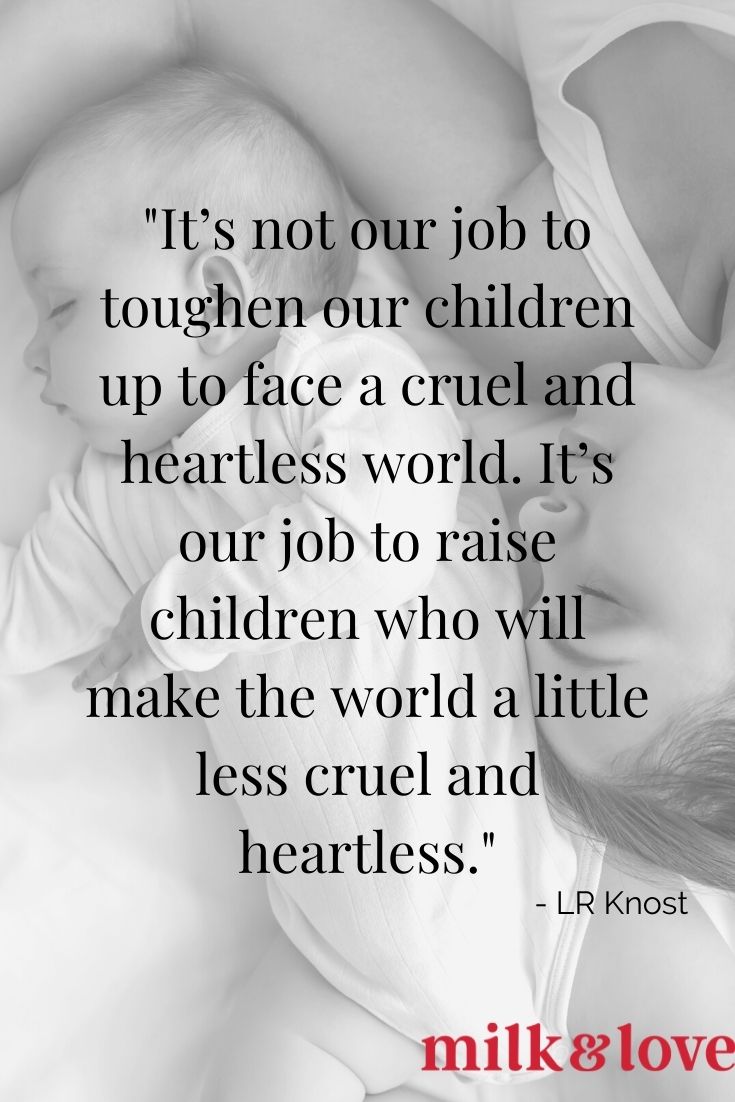
Understanding the Power of Presence
Mindful parenting isn’t about perfection; it’s about presence. It’s about being fully engaged with your child in the here and now, rather than being distracted by your to-do list or your phone. When we’re present, we’re better able to understand our children’s needs and respond with empathy and compassion. It allows us to connect on a deeper level and build stronger, more meaningful relationships. This presence allows us to truly see and appreciate the unique individual our child is, fostering a stronger bond built on understanding and connection.
The Importance of Self-Compassion in Parenting
Parenting is demanding, and it’s easy to get caught up in feelings of guilt, frustration, or inadequacy. Self-compassion is crucial for mindful parents. Acknowledging our own imperfections and offering ourselves the same kindness and understanding we would offer our children allows us to be more patient and present. It frees us from the pressure of being the “perfect” parent, which is an impossible standard to reach. Instead, we can focus on being the best parent we can be in this moment, understanding that we will make mistakes along the way, and that’s okay.

Navigating Challenging Behaviors with Mindfulness
Tantrums, meltdowns, and defiant behavior are all part of childhood. Mindful parenting provides a framework for navigating these challenges with compassion and understanding. Instead of reacting impulsively, mindful parents pause, take a deep breath, and try to understand the underlying reasons for their child’s behavior. This might involve acknowledging the child’s emotions, validating their feelings, and offering support rather than punishment. This approach teaches children healthy coping mechanisms and strengthens the parent-child bond.
Connecting with Your Child Through Active Listening
Truly hearing our children is a key component of mindful parenting. This goes beyond simply listening to their words; it involves paying attention to their body language, tone of voice, and overall emotional state. Active listening shows children that they are heard, understood, and valued. Asking open-ended questions, reflecting their feelings back to them, and offering empathy can deepen this connection and create a safe space for communication. This fosters trust and allows children to feel comfortable expressing themselves honestly and openly.
The Practice of Patience and Non-Judgment
Patience is a virtue, especially in parenting. Mindful parents strive to cultivate patience, recognizing that children learn and grow at their own pace. They avoid judgment and criticism, understanding that mistakes are part of the learning process. Instead of focusing on what their child did wrong, they focus on helping them learn and grow from their experiences. This approach encourages self-esteem and a positive learning environment.
Embracing Imperfection and Celebrating Small Victories
Parenting is a journey, not a destination. There will be ups and downs, successes and failures. Mindful parents embrace imperfection, accepting that they won’t always get it right. They celebrate small victories, acknowledging the progress their children are making, no matter how small it may seem. This positive reinforcement encourages children to persevere and builds their self-confidence. Celebrating these small milestones helps maintain a positive perspective on the parenting journey.
The Long-Term Benefits of Mindful Parenting
The benefits of mindful parenting extend far beyond the immediate challenges of raising children. Children raised with mindful parenting tend to be more emotionally intelligent, resilient, and self-aware. They develop stronger relationships and have a greater capacity for empathy and compassion. This approach cultivates a secure and loving attachment between parent and child, setting the stage for a healthy and fulfilling life.
Creating a Mindful Home Environment
Creating a mindful home environment supports the practice of mindful parenting. This involves creating a space that is calm, peaceful, and nurturing. Incorporating mindfulness practices, such as meditation or yoga, into your family routine can help everyone to cultivate a sense of inner peace and calm. By modelling mindful behavior, parents can teach their children valuable life skills that will benefit them throughout their lives. Creating a consistent and loving environment is key to this practice.
Finding Support and Resources
Parenting is a challenging but rewarding journey. It’s important to remember that you don’t have to do it alone. Seeking support from other parents, family members, friends, or professionals can provide valuable guidance and encouragement. Numerous resources, including books, workshops, and online communities, are available to help parents learn more about mindful parenting and develop effective strategies for raising happy, healthy children. Remember to reach out when you need help – it takes a village. Click here for mindful and gentle parenting quotes.
